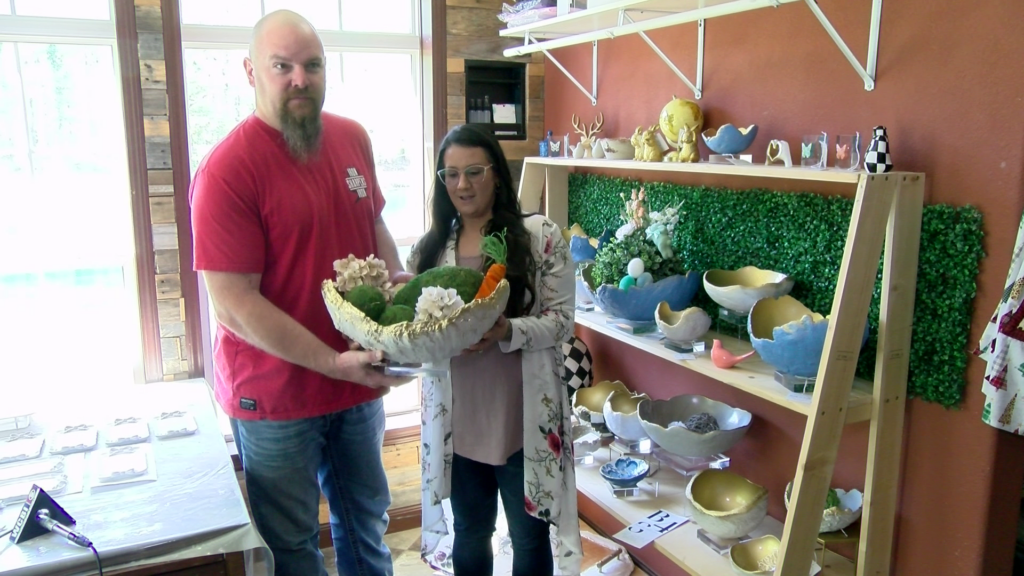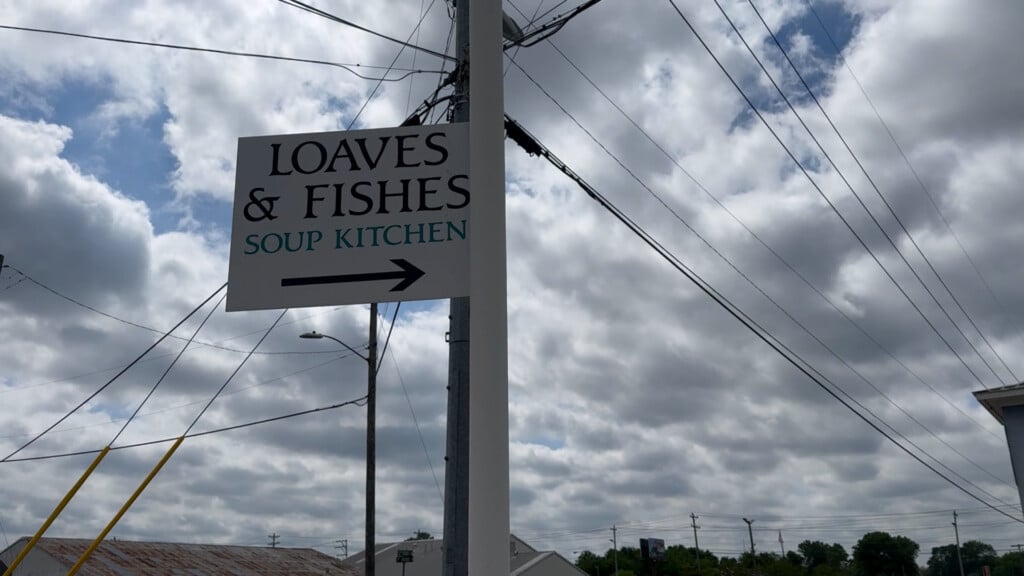Businesses large and small are defying lockdowns
Businesses around the U.S. are reopening in defiance of state shutdown orders and federal health guidelines, highlighting what has emerged as the partisan-tinged tension between containing the coronavirus and unlocking the American economy.
Tesla founder Elon Musk this week practically dared local authorities to arrest him after reopening the company’s factory in Fremont, California. The move — which drew praise from President Donald Trump — violated orders from the Alameda County Public Health Department, which had classified the plant as a non-essential business that could not fully operate under restrictions intended to combat COVID-19.
In Michigan, the Capri Drive-In Theater in Coldwater is planning to kick off its summer season on Friday despite a state order barring theaters from reopening on May 28. In Texas, former Alaska Governor Sarah Palin and Senator Ted Cruz are among the Republican notables who have recently patronized a hair salon in Dallas to show solidarity with its owner after she was jailed for refusing to keep her non-essential business closed.
State health officials in Castle Rock, Colorado on Monday also closed a restaurant that had opened for full service on Mother’s Day in defiance of state rules banning in-person dining. A video posted by Colorado Community Media showed people without face masks sitting at tables and waiting close together in line at the counter, while others waited outside to get into the eatery about 30 miles south of Denver.
For some businesses, the decision about when to reopen is complicated by the mixed messages they’re receiving from cities and states. In Texas, for instance, Dallas County Judge Clay Jenkins issued an order requiring that restaurant and food preparation workers wear masks. But Texas Governor Greg Abbott’s “Open Texas” plan does not explicitly require restaurant workers to cover their faces on the job.
The differing edicts came into play in Dallas, where the Hillstone Restaurant Group recently told workers that they shouldn’t wear a facial covering of any kind, as it didn’t comport with the company’s idea of style and hospitality. One staffer was stricken from the schedule after expressing discomfort at the idea of working without a mask, the employee told CBS Dallas.
Experts say such restrictions by businesses on commonsense health measures are ill-advised. “I don’t know why you would expose yourself to that type of liability —it’s not just legal, but someone’s going to put it on Facebook,” said employment attorney Drew Lunt.
“Terrifying” choice
If businesses face a hard choice over when and how to reopen, for workers the decision can be one of life and death.
Terrie Neider, a 64-year-old with chronic obstructive pulmonary disease, or COPD, told the Washington Post that she is frightened to return to her part-time cashier’s job at a Casey’s General Store in Lone Tree, Iowa, but is going back because she urgently needs the money. “I just don’t understand this position we are being put in now,” she told the newspaper.
Harley Shaiken, a labor relations professor at the University of California at Berkeley, told CBS MoneyWatch, said such dilemmas put employees in a “terrifying” position.
“It’s not simply they are making workers chose between a paycheck and their health — they are putting their families and communities in danger, and that is something we have rarely confronted to this degree,” he said.
“Workers often are willing to sacrifice themselves to support their families, but now they are being asked to sacrifice themselves and their families to boost the profits of their companies and the economy,” Shaiken added.
In Utah, two unidentified businesses told employees to show up, even if they had a confirmed case of COVID-19. The flouting of guidelines resulted in 68 positive cases, with nearly half of workers infected at one business, according to a statement from county commissioners and mayors.
“We have been mindful of the human costs on all sides of COVID-19 — the health risks associated with direct exposure to the virus and the health risks and human costs due to economic lockdown and isolation,” Utah County Commissioner Tanner Ainge said in an email to CBS MoneyWatch. “These businesses are jeopardizing the progress we are making on both fronts”.
Yet returning to work even as the pandemic continues may seem like the only viable option, especially for those living paycheck to paycheck.
“It’s a horrible choice, but a very real choice that so many people are confronting,” said Shaylyn Cochran, an employment lawyer and partner at Cohen Milstein.





Leave a Reply